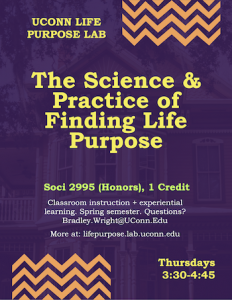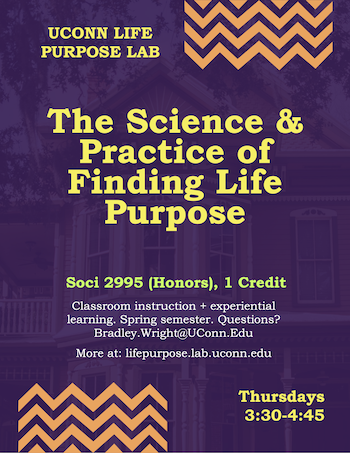[UConn Storrs]
Instructor: Sean Forbes
Prerequisite: ENGL 1007, 1010, 1011, or 2011
Finding Your Artistic Voice Through Creative Writing Prompts
In this introduction to creative writing class we will examine the different approaches that a writer can take when trying to establish a speaker in a narrative poem or short story. The first half of the course will be dedicated to writing narrative poetry and for the second half we will focus on short and long form fiction stories. We will look at exemplary works of poetry and fiction from writers like David Dominguez, Allison Joseph, Richard Blanco, and fiction stories from One Story and One Teen Story, print literary journals that publish only one story per month. Students will produce a final portfolio of their original work. Class participation is an essential component to this largely workshop-based course along with weekly writing prompts such as writing in iambic pentameter and challenging in class writing prose sketches.

